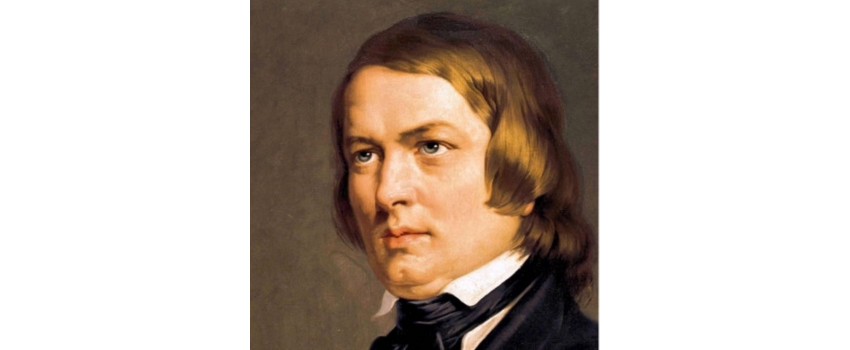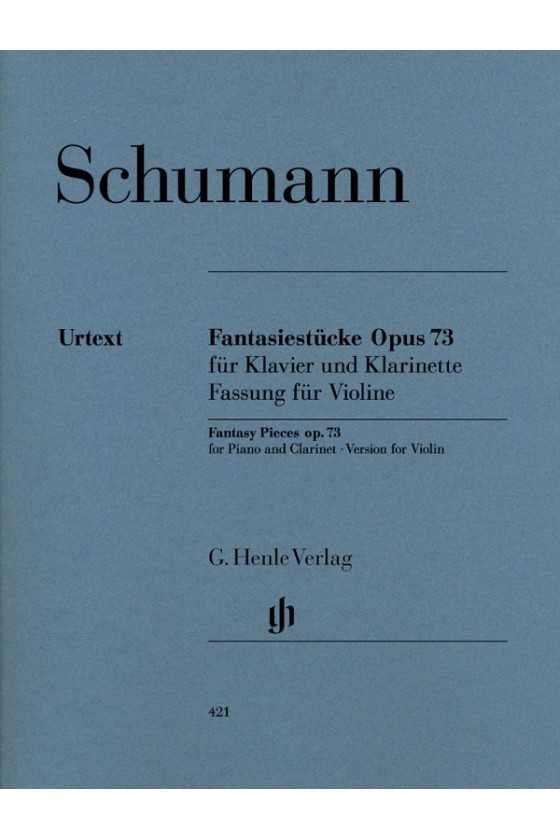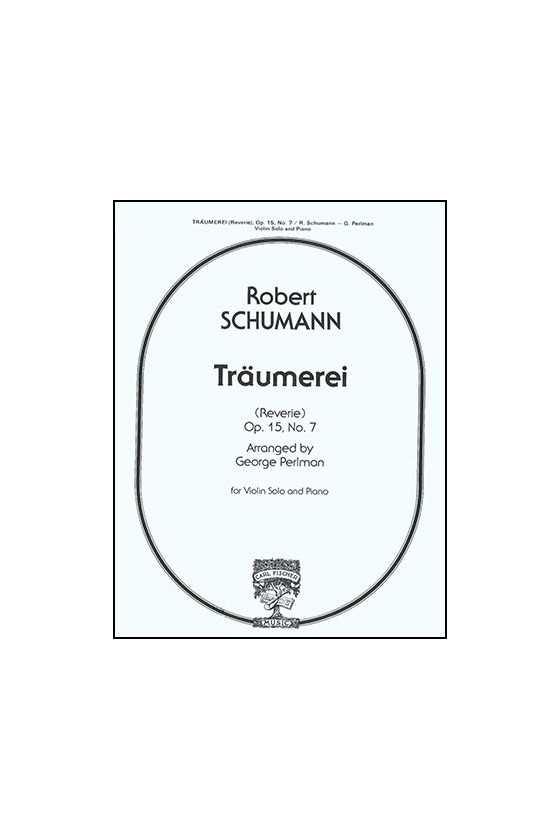Schumann, Robert
In Germany, Robert Schumann, born on June 8, 1810, was a renowned composer, pianist, and music critic. He is widely regarded as one of the most significant figures of the Romantic era in music. Schumann's journey into the world of music began when he abandoned his law studies to pursue a career as a pianist. Fueled by the encouragement of Friedrich Wieck, a prominent German pianist, Schumann aspired to become Europe's finest pianist. Unfortunately, a hand injury shattered his dreams, leading him to redirect his musical energy towards composition.
Early Life and Musical Education
Schumann's musical journey started at a young age. He began taking piano lessons when he was just seven years old. His talent and passion for music quickly became apparent, and he progressed rapidly under the tutelage of his teacher, Friedrich Wieck. Wieck recognized Schumann's potential and predicted that he could become a truly exceptional pianist. However, fate had other plans. Schumann's aspirations of becoming a virtuoso pianist were tragically cut short due to a hand injury. This setback forced him to explore other avenues within the realm of music.
A Lifelong Partnership: Clara Wieck
1840, Schumann married Clara Wieck, a renowned pianist and musical prodigy. Clara, who had already established herself as a prominent figure in the music world, played a pivotal role in Schumann's life and career. Their union brought personal happiness and marked the beginning of a lifetime musical partnership. Together, they embarked on a journey of shared creativity and mutual support. Clara's virtuosic piano skills and Schumann's compositional genius complemented each other, resulting in a profound musical collaboration.
"Clara and Robert's relationship was not only a bond of love but also a fusion of artistic brilliance." - New York Times.
Musical Style and Contributions
In his early career years, Schumann focused primarily on composing for the piano. However, as he matured as a composer, his repertoire expanded to include orchestral compositions, Lieder (songs for voice and piano), symphonies, operas, and chamber works. Rich harmonic language, poignant melodies, and intricate structures characterize Schumann's compositions. His works often encompassed elements of literary inspiration, with motifs and references drawn from literature to create vivid musical characters.
Notable among Schumann's extensive body of work are compositions such as "Carnaval," "Symphonic Studies," "Kinderszenen," "Kreisleriana," and the "Fantasie in C." These pieces showcase his mastery of form, emotion, and musical storytelling. Through his music, Schumann had the remarkable ability to transport listeners into a world of profound beauty and emotional depth.
Schumann's Literary Connections
One of the distinctive features of Schumann's compositions is his affinity for literature. Throughout his career, he drew inspiration from various literary works, infusing his music with the essence of the written word. Schumann's compositions often mirror the narratives, characters, and emotions found in literary masterpieces. This unique approach to music composition allowed him to create a deep connection between the world of literature and the realm of sound.
The Neue Zeitschrift für Musik
In addition to his musical endeavours, Schumann played a crucial role in music criticism. Alongside his colleague, Julius Knorr, he co-founded the "Neue Zeitschrift für Musik" (New Journal for Music) in Leipzig. This publication became a platform for Schumann to express his thoughts on music, review performances, and champion the works of emerging composers. Schumann's editorial writing showcased his profound understanding of music and his ability to articulate complex musical concepts in a way that resonated with readers.
Struggles with Mental Illness
Throughout his life, Schumann battled with mental illness, which greatly impacted his creative output and personal well-being. In 1833, he experienced a severe melancholic episode, marking the onset of his mental health struggles. Schumann's condition fluctuated between periods of deep depression and episodes of "exaltation," accompanied by delusional beliefs, including a fear of being poisoned or threatened by metallic objects. It is now believed that his mental illness was likely a combination of bipolar disorder and mercury poisoning.
Confinement and Tragic End
Schumann's mental health deteriorated to the point where he voluntarily entered a mental institute in Endenich in 1854. His time in the institution was marked by a continued decline in his mental state. Tragically, he passed away at the age of 46 due to pneumonia without ever experiencing a complete recovery from his mental illness. Despite his challenges, Schumann's legacy as a composer and his profound impact on the Romantic era of music still endure.
Conclusion
Robert Schumann's life and music are a testament to the power of artistic expression and the indomitable human spirit. Despite his obstacles, he left an indelible mark on classical music. Through his compositions, Schumann captured the essence of Romanticism, blending literary inspirations, intricate musical structures, and profound emotional depth. His legacy as one of the most significant composers of the 19th century continues to inspire and move audiences around the globe.
"Schumann's music transcends time, allowing listeners to embark on a journey of profound introspection and emotional resonance." - The Guardian.

Schumann Violin Sonata in A minor Op. 105 (Henle)
Schumann, Violin Sonata in A minor Op. 105 (Henle)...






